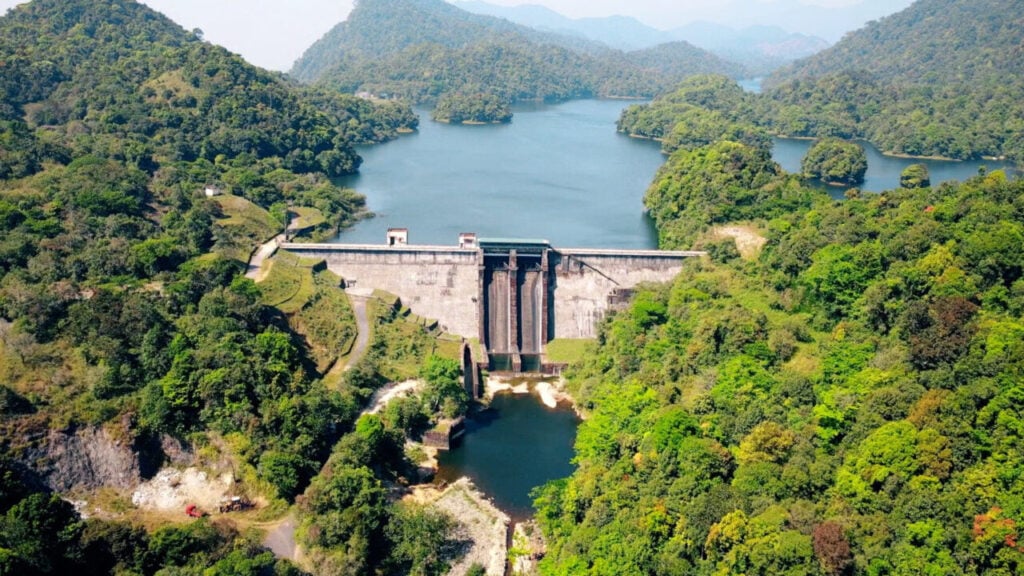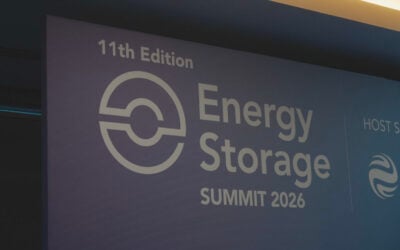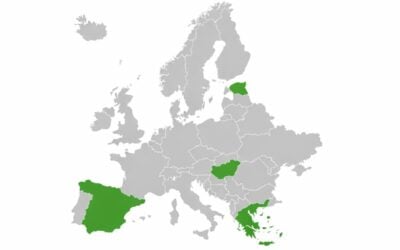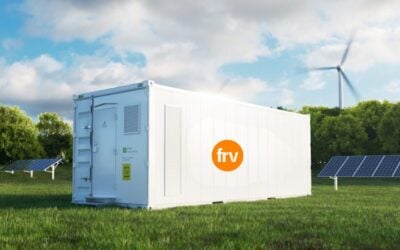
The Solar Energy Corporation of India (SECI) has launched a 150MW/500MWh battery storage solicitation in Kerala.
The public sector company, administered by the national Ministry of New and Renewable Energy (MNRE), published a tender last week (20 December), for bids to be received by 4 February 2025.
The tender for a single-site battery energy storage system (BESS) will be among those backed with Viability Gap Funding (VGF) from the Union Government. Worth up to about 40% of the project’s total required Capex, the government pledged VGF financial support to a total 4GWh of standalone BESS resources in its 2023-2024 national Union Budget.
In a request for selection (RFS) document, SECI noted that the Kerala State Electricity Board Limited (KSEBL) had expressed interest in procuring energy storage resources on an ‘on-demand’ basis in the southwest coast state.
Try Premium for just $1
- Full premium access for the first month at only $1
- Converts to an annual rate after 30 days unless cancelled
- Cancel anytime during the trial period
Premium Benefits
- Expert industry analysis and interviews
- Digital access to PV Tech Power journal
- Exclusive event discounts
Or get the full Premium subscription right away
Or continue reading this article for free
SECI will enter into battery energy storage purchase agreements (BESPAs) with successful bidders based on the RFS. KSEBL will be the 100% offtaker of storage capacity, while developers will build, own and operate (BOO) the facilities.
The storage capacity would help the state generation, transmission and distribution (T&D) provider manage electricity supply during peak and off-peak hours.
The call fits SECI’s remit to promote the uptake of energy storage to support the increased integration of renewable energy across India, which targets the deployment of 500GW of non-fossil fuel generation capacity by 2030.
Batteries can be particularly useful in alleviating stress on the grid during evening and morning peaks in electricity demand when sufficient variable renewable energy (VRE) resources are not available.
India aims for 41GW of BESS, 19GW of pumped hydro by 2029-2030
The most recent iteration of the national Central Electricity Authority (CEA) report on the optimal generation mix for 2029-2030 was published in April 2023. It modelled a need for 41,650MW/208,250MWh of battery energy storage system (BESS) technology by that time along with 18,986MW of pumped hydro energy storage (PHES).
VGF support for 4GWh of standalone BESS, India’s finance minister Nirmala Sitharaman said in February 2023 as the policy measure was committed to, would “steer the economy on the sustainable development path,” helping along projects that otherwise might struggle to attract sufficient investment to get started.
The 500MWh to be awarded represents the full VGF amount earmarked for the state of Kerala.
In late June, SECI launched a 1,000MW/2,000MWh tender through the VGF scheme for 2-hour duration BESS projects to connect at various points along India’s Inter State Transmission System (ISTS), the country’s largest single tender for standalone battery storage projects to date.
This followed an initial 250MW/500MWh tender launched in March, a few days after the corporation launched a solicitation for 1,200MW of solar PV paired with 600MW/1,200MWh of storage.
While the standalone BESS tenders are a more recent enterprise for SECI, it has conducted other tenders for hybrid solar-plus-storage resources, including a 2GW solar, 4GWh BESS solicitation launched in July. Singaporean engineering firm Sembcorp was recently announced as a winner in that tender, with a 150MW PV project with 300MWh of battery storage.
Tenders from SECI and other government-owned entities such as the National Thermal Power Corporation (NTPC) power producer and various electricity distribution companies (‘discoms’) have been credited with driving competition in the Indian solar and battery storage sector and bringing costs down.





